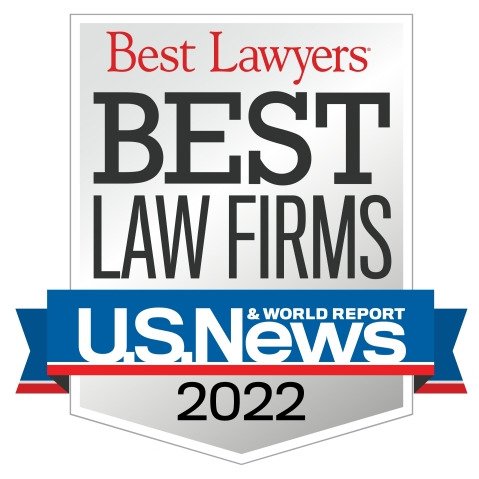Best Premises Liability Lawyers in Burlington
Share your needs with us, get contacted by law firms.
Free. Takes 2 min.
List of the best lawyers in Burlington, United States
About Premises Liability Law in Burlington, United States:
Premises liability law in Burlington, United States refers to the legal principles that hold property owners and occupiers responsible when someone enters the property and gets hurt due to a dangerous condition. These laws cover a variety of incidences like slips and falls, swimming pool accidents, injuries from inadequate maintenance, among other situations. The injured party may be eligible to receive compensation if they can prove that the owner was negligent regarding property upkeep or safety.
Why You May Need a Lawyer:
You may require legal help in Premises Liability under several situations. Most commonly these include if you're an injury victim due to a property owner's negligence like poor maintenance, unsafe structures, or improper security. You may also need a lawyer if you're a property owner facing an injury claim. A lawyer is crucial to navigate the complexities of liability laws, determine fault, collect evidence, and maximize the compensation in the event of a lawsuit.
Local Laws Overview:
In Burlington, premises liability laws rely heavily on the status of the visitor. The law recognizes invitees, licensees, and trespassers. The property owner owes different duties of care to each. Owners must ensure safety for invitees (those invited onto the property), warn licensees (those who enter for their purposes) of dangers, but owe no duty except to avoid causing intentional harm to trespassers. It's notable that the Vermont Comparative Negligence law is also applicable in Burlington, which means the injured individual's compensation may reduce if they are partially at fault for the incident.
Frequently Asked Questions:
1. What is Premises Liability?
Premises Liability deals with incidents where an individual is injured on another person's property due to the owner's negligence. It involves cases like slip and fall, swimming pool injuries, accidents from dangerous conditions, etc.
2. Who is responsible for an injury on dangerous premises?
Generally, the property owner is responsible for an injury that occurs on their property. However, proving negligence plays a key role. A property owner is only liable if they knew or should have known about the dangerous condition and did not take appropriate actions.
3. Can trespassers file a premises liability claim?
Typically, Burlington law doesn't protect trespassers unless the property owner actively tried to harm them. However, exceptions may apply, particularly in the case of child trespassers owing to the attractive nuisance doctrine.
4. How to establish a premises liability claim?
To establish a premises liability claim, one must prove that the property owner owed a duty of care, they breached that duty, the breach caused the injury, and the claimant suffered damages as a result.
5. Can I claim if I got injured at my friend's house?
Yes, you can claim Premises Liability if you got injured at your friend's house due to negligence. However, the claim would typically target their homeowner's insurance, not the friend's personal funds.
Additional Resources:
You may consider checking out Vermont Judiciary for court procedures, Vermont Legal Aid for free legal help (for eligible individuals), and the Vermont Bar Association for lawyer referrals.
Next Steps:
If you need legal assistance in Premises Liability, start by documenting the incident in detail, including taking pictures of the location and your injuries. Seek immediate medical attention to establish records of your injuries. Contact a reputable premises liability lawyer in Burlington who can guide you on how to proceed with your case. Remember, proving negligence is paramount to such cases.
Lawzana helps you find the best lawyers and law firms in Burlington through a curated and pre-screened list of qualified legal professionals. Our platform offers rankings and detailed profiles of attorneys and law firms, allowing you to compare based on practice areas, including Premises Liability, experience, and client feedback.
Each profile includes a description of the firm's areas of practice, client reviews, team members and partners, year of establishment, spoken languages, office locations, contact information, social media presence, and any published articles or resources. Most firms on our platform speak English and are experienced in both local and international legal matters.
Get a quote from top-rated law firms in Burlington, United States — quickly, securely, and without unnecessary hassle.
Disclaimer:
The information provided on this page is for general informational purposes only and does not constitute legal advice. While we strive to ensure the accuracy and relevance of the content, legal information may change over time, and interpretations of the law can vary. You should always consult with a qualified legal professional for advice specific to your situation.
We disclaim all liability for actions taken or not taken based on the content of this page. If you believe any information is incorrect or outdated, please contact us, and we will review and update it where appropriate.








